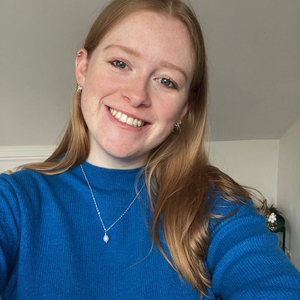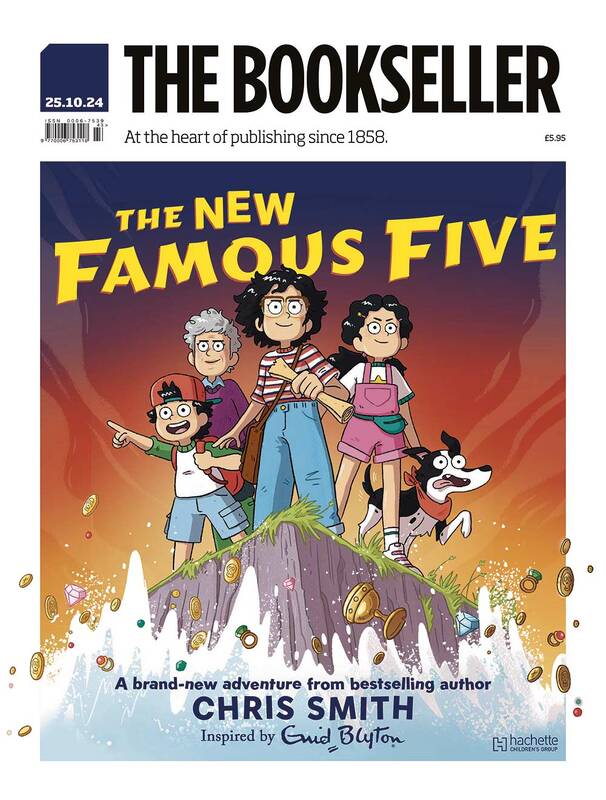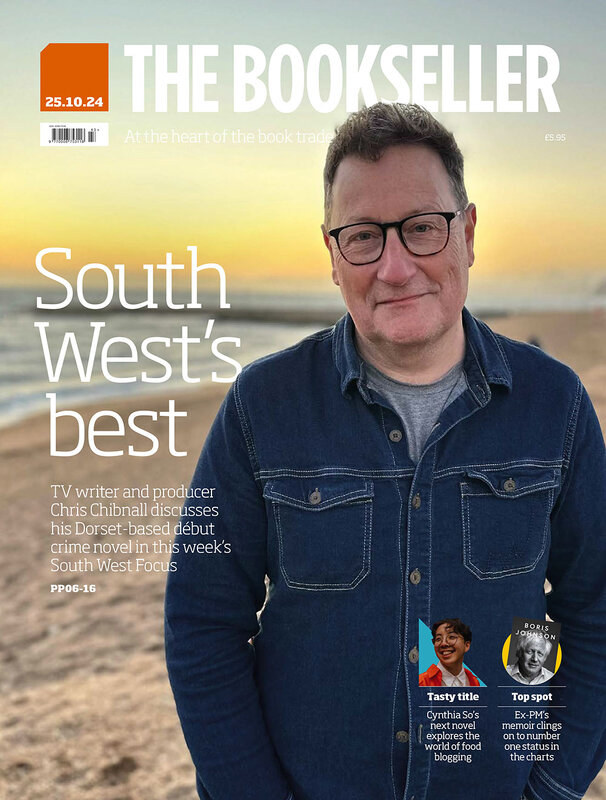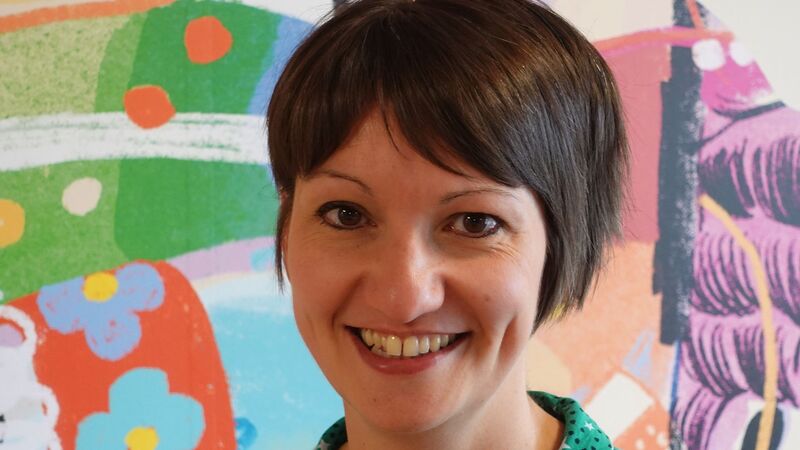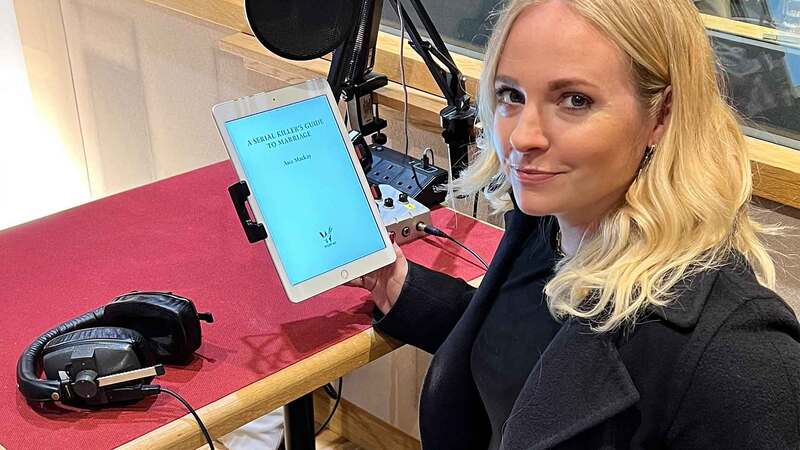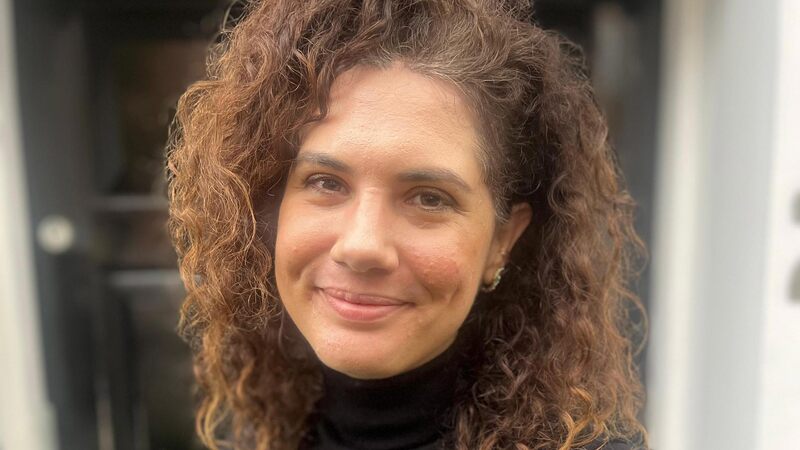You are viewing your 1 free article this month. Login to read more articles.
Breaking through
Why is the path to a publishing job so obscure?
Before I joined The Bookseller, I was an editorial assistant at Oxford University Press. This is an entry-level role which you can plausibly enter with no previous publishing experience, and so my fellow EAs were from a range of educational and vocational backgrounds. In my case, I was in the middle of a part-time master’s degree. A couple of my colleagues hadn’t done any further education, but others had come directly from academia, a few with publishing-specific qualifications, and one with a PhD. Degree subjects ranged from humanities and languages to music and science. Some had legal backgrounds, some had worked office jobs, others retail; one colleague had been a bookseller.
The one thing we all had in common, however, was how difficult we found it to break into the industry. And it doesn’t seem that this is exclusive to academic publishing.
I am a mentor for the Society of Young Publishers “Into” scheme, which helps those who are trying to find a job in publishing. My mentee is, in my slightly biased opinion, highly qualified, with a publishing course, an internship and plenty of relevant work experience already under her belt. Despite this, she has so far managed to get only a couple of interviews from the tens of applications she has submitted for assistant-level roles at big publishers and indie presses.
The issue, one must assume, lies in her application, and I have helped her edit a few things, but there are certainly no glaring omissions. Perhaps it is just a numbers game, I have suggested, and something will eventually stick.
But this experience got me thinking about why publishing is, as a career path, so obscure—so esoteric. Trying to figure out why your extremely relevant experience isn’t being perceived in that way by recruiters is like cracking a code, in which your cipher is a vaguely worded rejection email that has probably been sent to a hundred other people.
Most of my EA colleagues submitted upwards of 50 applications, including to other jobs at OUP, before securing their role. I have friends who are in a similar position, currently trying to break into the industry, and I struggle to know what advice to give them; the reality is that there just isn’t one single foolproof way to secure a job in publishing.
In publishing, everything is more subjective. This can be incredibly daunting for someone trying to break into the industry; their hypothetical shortcomings aren’t measurable in the traditional sense
This issue doesn’t go away once you get your first role, either. I have applied for jobs I thought were perfectly suited to me, only to receive rejections that left me unsure about where I went wrong. Sure, it is often the simple reality that there is always a more qualified or experienced candidate. But what does that actually mean in an entry-level role? Job postings usually list only a few generic qualities that their candidates should possess—most often: time-management abilities, an eye for detail, communication skills, knowledge of IT, etc. Since no previous publishing experience is required (rightly so, for entry level), the volume of applicants for a single role is immense and each person will interpret the specified qualities in their own way.
In other industries, there is a clear path laid out for prospective employees. There are insight days where you can learn about different companies. There are compulsory degree programmes, qualifying exams and graduate schemes (contingent largely on your degree classification).
I can imagine it is easier for an unsuccessful candidate to understand where they might be going wrong when one’s prospect is largely numbers based. In publishing, everything is more subjective. This can be incredibly daunting for someone trying to break into the industry; their hypothetical shortcomings aren’t measurable in the traditional sense. There is also more of a culture of work experience in other industries, so it is easier to squeeze your toe in the door—Penguin’s groundbreaking schemes are still in meagre company in publishing.
Having spoken to people at networking events, it is clearly common for publishing hopefuls to get drawn into doing postgraduate programmes, partly because they aren’t sure what else to do, and this is a measurable and material way to add to a CV. Having worked alongside successful colleagues with no such qualifications, I would advise against following this path unless you have a genuine interest in further study. Clearly, there are very few tangible requirements for a career in publishing, and a master’s degree is certainly not one of them. And you definitely don’t need a publishing qualification to land a job (although this will admittedly give you an initial advantage when it comes to doing the job).
If you are struggling to break into the industry, I advise you to get in contact with someone who is currently in an entry-level role you aspire to (they will have the most current and relevant knowledge for application processes) and ask them, nicely, to mentor you: get them to comb through your CV, break down some of your cover letters and have a couple of mock-interviews. I have benefitted from several professional mentors in my short career, and I have always found that people are very willing to help out if asked.
For those of us who have emerged on the other side, it is important to keep in mind that the need-to-know atmosphere of our industry disproportionately affects people from minority backgrounds—individuals who may not know anyone already in publishing and are therefore less likely to benefit from the connections and cultural capital which puts others at an automatic advantage. This is why schemes like Penguin’s paid internships, specifically for publishing-hopefuls from lower socio-economic backgrounds, are so important.
Since the rest of the industry still has a lot to do here, the best way that we can, as individuals, combat the obscurity is by sharing our knowledge as widely as possible—even if we’re not quite sure ourselves how we managed to crack the code.
